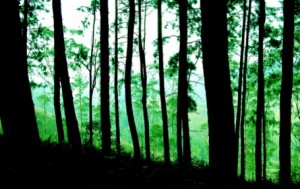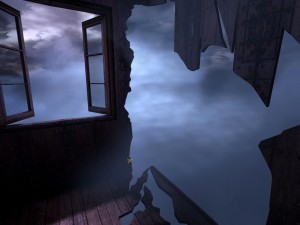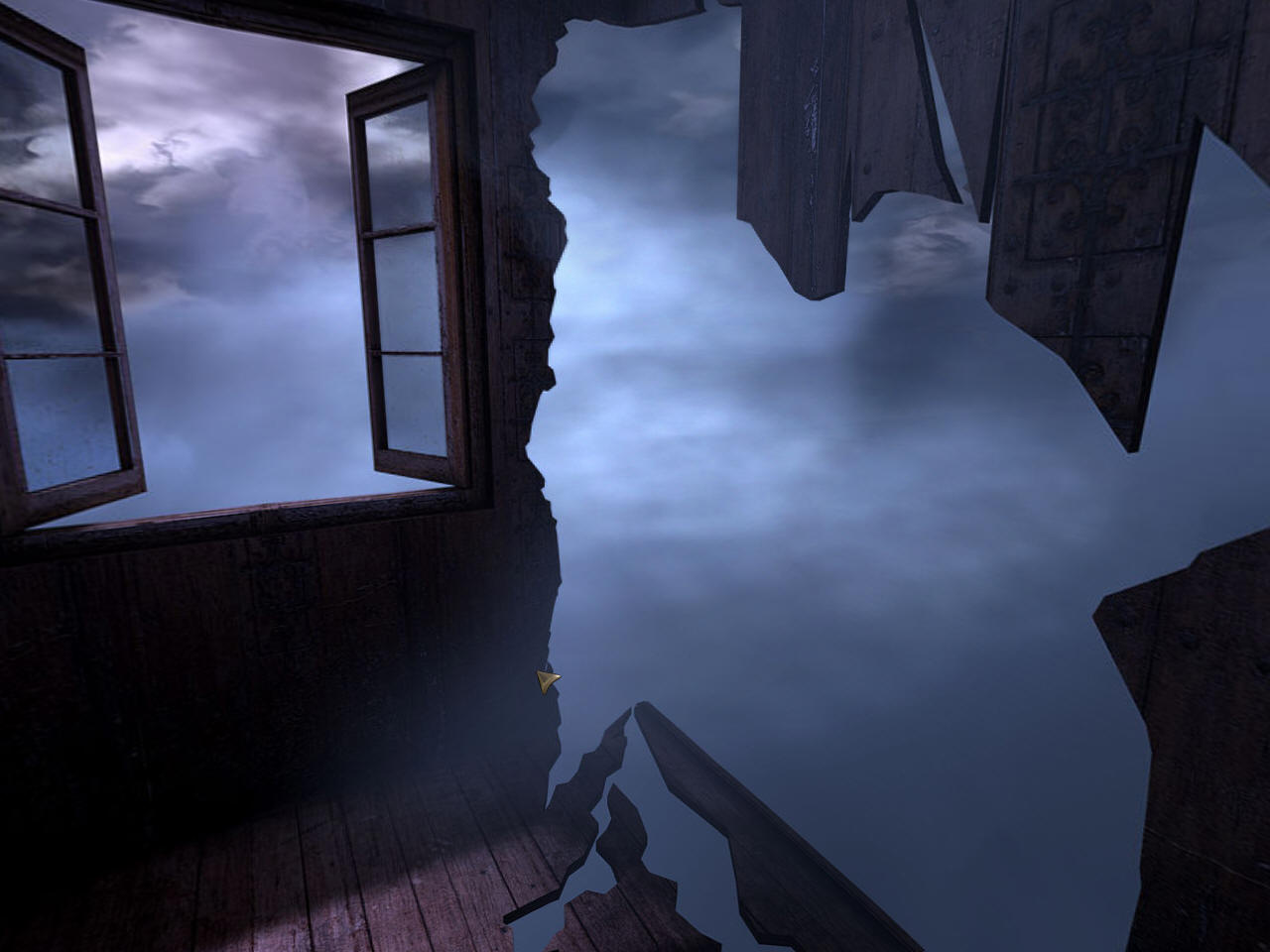There was a time, not so long ago, when there was space for the individual to be different, and to forge a new path in a new place. Now physically, and increasingly psychologically, there is no place left to get away from the madding crowd.
 There are no unexplored continents, no “new worlds” left. Hyper-personalized tourism and ‘extreme’ everything are the new frontiers. Perhaps because humans have been outer-directed for so long, people are turning in on themselves, which is a totally different thing than turning within.
There are no unexplored continents, no “new worlds” left. Hyper-personalized tourism and ‘extreme’ everything are the new frontiers. Perhaps because humans have been outer-directed for so long, people are turning in on themselves, which is a totally different thing than turning within.
Probably human consciousness has always been basically a movement of darkness, but until now there was always room to move, physically and metaphysically.
Because so many, in the West and richer countries especially, are still looking outward and afraid to look within, darkness and deadness are saturating an increasingly monolithic global culture. That is ecologically, socially, and spiritually unsustainable.
The outer is the expression of the inner. So can inner space be opened up, so that the outer world can change and human beings live in imperfect harmony with nature and each other?
All of us have some measure of darkness within us. Some people have more, some have less, but no one, short of illumination, is entirely free of darkness. However, having darkness within one, and acting out of it, are very distinct qualities of being.
Is the content of collective darkness really reaching saturation levels in every society, in every land? That stands to reason, since humankind is also nearing the ecological limits of the earth at the greedy hands of humans.
Adapting to the dead global culture and becoming numb, as the majority of people have done, is not an option, since  everyone wants to feel alive. Space is essential to life, but space can no longer to be found outwardly, geographically, but only inwardly, in the psychological and spiritual dimension.
everyone wants to feel alive. Space is essential to life, but space can no longer to be found outwardly, geographically, but only inwardly, in the psychological and spiritual dimension.
Consciousness is not individualistic. We are all plugged into the collectivity, all connected to the web, literally and metaphorically. Is it possible to be free from conditioning, which is content-consciousness, for at least a few minutes a day, and thereby not spiritually suffocate—indeed, be renewed and grow? Yes.
Human beings have the potential, with right (that is, undivided) observation, to quiet the mind and end the domination of conditioned consciousness. Doing so allows insight and understanding to grow. But one has to take total responsibility for the movement of thought and darkness within oneself, and remain aware of it, even when its landscape isn’t fully seen or understood.
The transformation of the growing darkness that rules human consciousness into the light of intelligence has become the primary work of every person who would remain inwardly alive and grow as a human being. The meditative state awakens, however fleetingly, an unconditioned awareness, and a higher state of consciousness.
It’s an hour before sunset on the first day of daylight savings time. Though mindful that dusk would set in an hour earlier, the afternoon nearly gets away from me while working indoors all day.
 Riding the bike to the outskirts of town, I slow down and look left at the blind bike-path intersection, but still have to stop quickly to avoid colliding with a speeding cyclist who has the right of way. Ironically, I almost run into the small stop sign at the junction.
Riding the bike to the outskirts of town, I slow down and look left at the blind bike-path intersection, but still have to stop quickly to avoid colliding with a speeding cyclist who has the right of way. Ironically, I almost run into the small stop sign at the junction.
Paralleling the creek, I drop down off the paved bikeway onto a dirt path leading directly to the stream. Sitting under a large sycamore, there’s still 20 minutes of warm sun on my face. As soon as the sun sinks behind the tree line however, the warm late afternoon turns into a chilly early evening.
The little creek flows freely again, after being dry only days earlier. Surrounded by nature and grateful for the solitude, the mind soon quiets down, and the quickness of awareness overtakes the millisecond synapses of memory and thought. The shift from thought to awareness is always spontaneous, effortless, and unexpected.
The setting sun bathes the hillsides in a pinkish-red alpenglow. Overwhelmed by the beauty of the earth, the body becomes immobilized, a state the Greeks called “aesthetic stasis.”
Just then two teenage boys ride by on the bike path 100 meters behind me. Most people don’t notice someone sitting under the sycamore as they go by, but these kids did. “Hey,” they shout, in an unfriendly tone.
Hearing it instantly for the harassment it was, there’s no reason to respond. Again they shout, “Hey!” Without turning to around, I wave nonchalantly, not wanting to aggravate them but not allowing them to disrupt the meditation either.
They yell again, this time with underlying American aggressiveness. “F__ing retard,” one of them shouts. Yes, to their adopted and adapted mindset it must appear that way.
Martin LeFevre

